France's Lafarge fails in bid to drop ‘crimes against humanity’ charge in Syria
France's top court has overturned a lower court's ruling to drop charges brought against cement giant Lafarge for colluding with the Daesh terrorist group in crimes against humanity across Syria.
The ruling on Tuesday by the Court of Cassation marks a major setback for Lafarge, which stands accused of paying nearly 13 million euros ($15.3 million) to foreign-backed Takfiri terror groups, including Daesh, to keep its cement factory in northern Syria operating through the early years of a massive, foreign-sponsored armed insurgency aimed at toppling the government of President Bashar al-Assad.
Lafarge -- which merged with Swiss building material giant Holcim in 2015 -- has admitted that its Syrian subsidiary did pay middlemen to work out a deal with various terrorist groups in Syria to allow the movement of its staff and products within the war zone.
Ironically, however, the corporation denies any responsibility for the money winding up in the hands of the terrorist groups and has fought to have the case dismissed.
France originally launched an inquiry into the Syrian activities of Lafarge in June 2016, following reports by French journalist Dorothée Myriam Kellou that were published by Le Monde daily and FRANCE 24, uncovering the deals Lafarge made with an array of terrorist groups in Syria.
Daesh had captured the plant on September 19, 2014. In 2017, the Lafarge-Holcim executives were investigated for the claims mentioned in the report in the civil and criminal courts.
The Paris Court of Appeal had dropped the crimes against humanity charge against the cement company in 2019, arguing that it accepted that the payments were not intended to assist Daesh's gruesome terror campaign of executions and torture against pro-government forces and civilians.
The court, however, ruled that the company be prosecuted on three other charges -- financing terrorism, violating an EU embargo and endangering the lives of others.
Overturning the lower court's finding on complicity, France's highest court of appeal ruled on Tuesday that "one can be complicit in crimes against humanity even if one doesn't have the intention of being associated with the crimes committed."
"Knowingly paying several million dollars to an organization whose sole purpose was exclusively criminal suffices to constitute complicity, regardless of whether the party concerned was acting to pursue a commercial activity," it added.
The judges also underlined that "numerous acts of complicity" would go unpunished if courts adopted a more lenient interpretation.
The high court further crushed the lower court's decision to maintain the charge of endangering others, arguing that it was not clear that French labor law applied in the case.
It did, however, uphold the charge of financing terrorism, which Lafarge had fought to have dropped.
In addition to the cement company, eight Lafarge executives -- including former CEO Bruno Laffont -- are also charged with financing a terrorist group and/or endangering the lives of others.
According to the report, the Tuesday ruling does not mean that Lafarge will automatically face trial for the most serious charges brought against a major French company over its actions in a foreign country in recent years.
The court instead referred the matter back to investigating magistrates to reconsider the complicity charge.
Lafarge eventually left Syria in September 2014 after Daesh terrorists seized its plant in Jalabiya, nearly 150 kilometers northeast of the regional capital of Aleppo.
The major French corporation is not the first multinational to be blamed for complicity in crimes against humanity over its activity in a country where people have suffered serious rights abuses.
However, such criminal cases against powerful Western corporations have rarely been brought to trial.
Twelve Nigerians took Anglo-Dutch energy giant Shell to court in the US, accusing the multinational corporation of abetting extra-judicial killings, torture, rape and crimes against humanity in the Niger Delta in the 1990s.
The US Supreme Court, however, sided with the powerful company and dismissed the case in 2013, claiming that US courts did not have jurisdiction in the matter.
This is while many American politicians hold major investment in giant Western corporations and have close ties with influential lobbyists representing such firms in all three branches of the US government.
VIDEO | Germany under pressure over Afghans awaiting relocation in Pakistan
Berri warns US envoy Tom Barrack not to ‘threaten Lebanese'
Pezeshkian: Kazakhstan 'strategic partner'; Tokayev hails Iran's progress
VIDEO | Journey into world of plasma therapy
Machado resurfaces in Norway for dubious Nobel after fleeing Venezuela
Tehran slams US 'harassment' of Iranian diplomats to UN
Ayatollah Khamenei: Iran advancing despite challenges
Baby dies of cold as winter hits displaced Gazans amid Israeli attacks


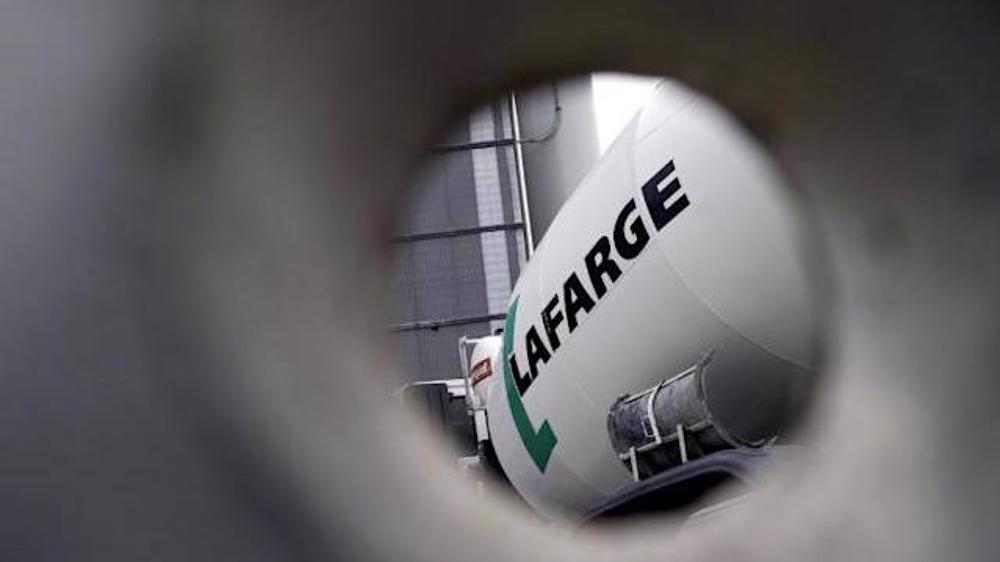
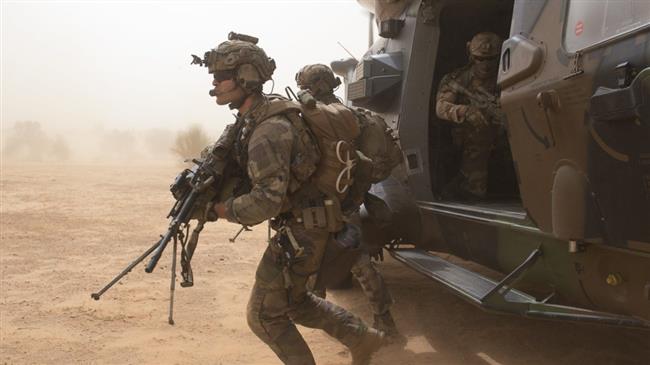
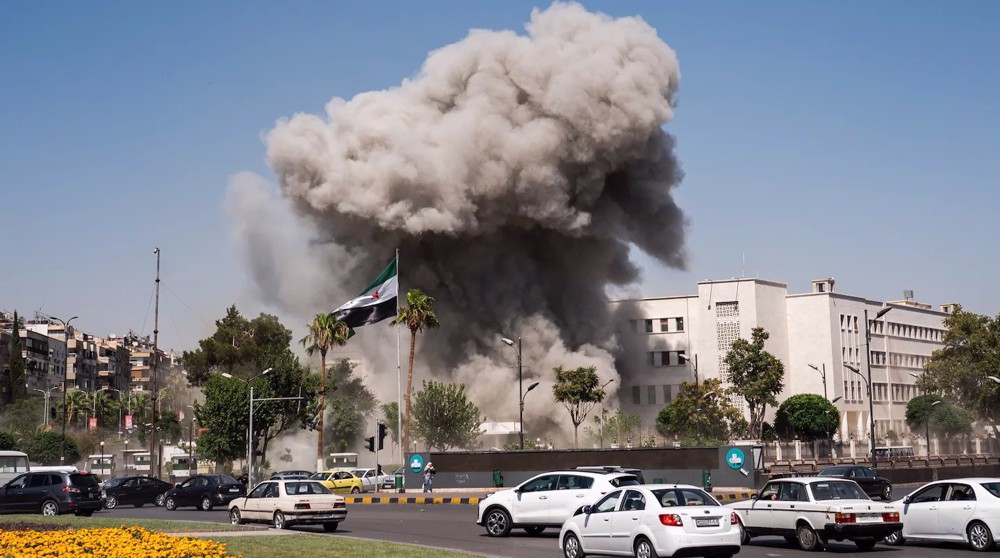
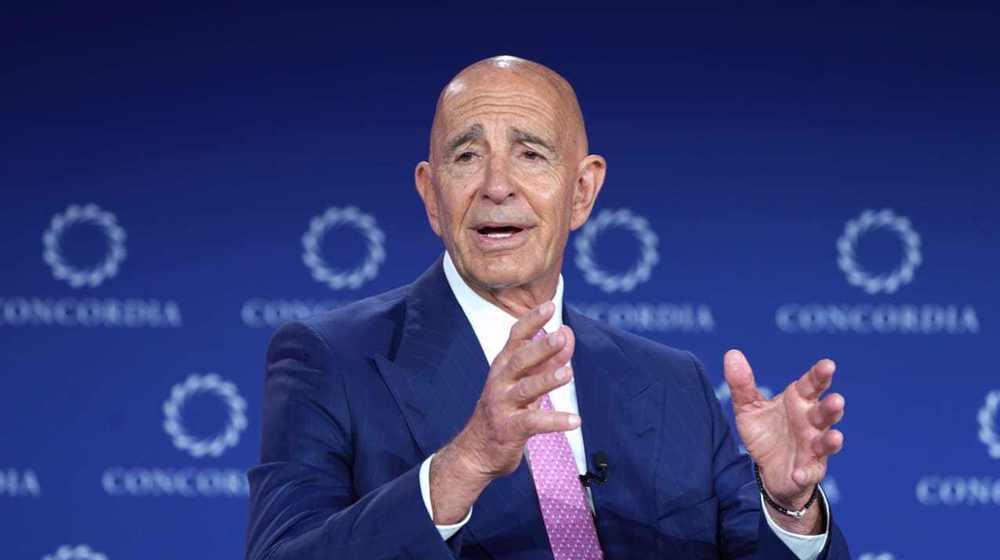
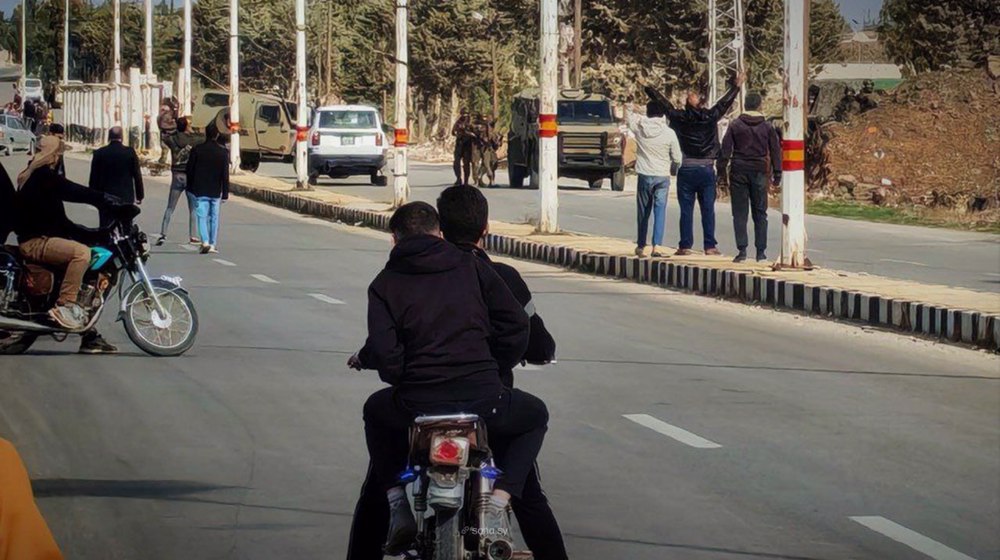



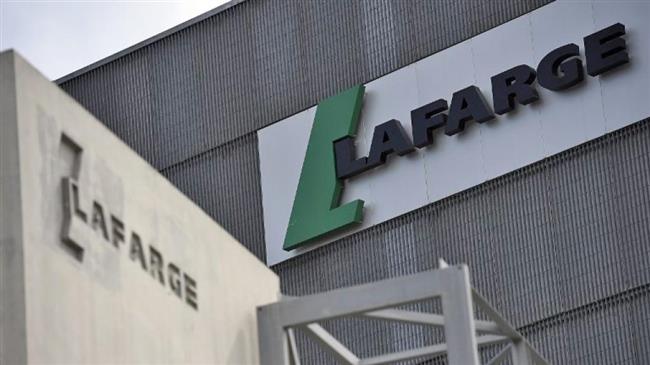
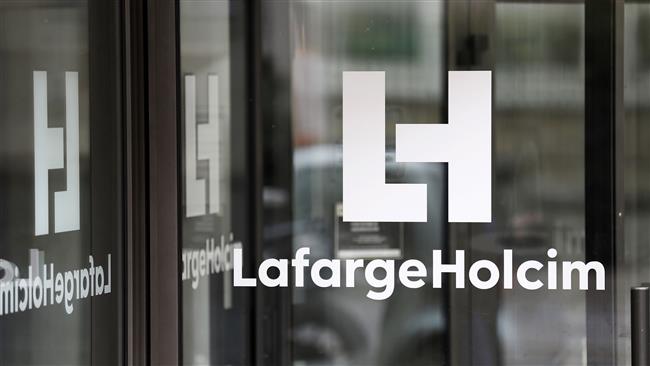
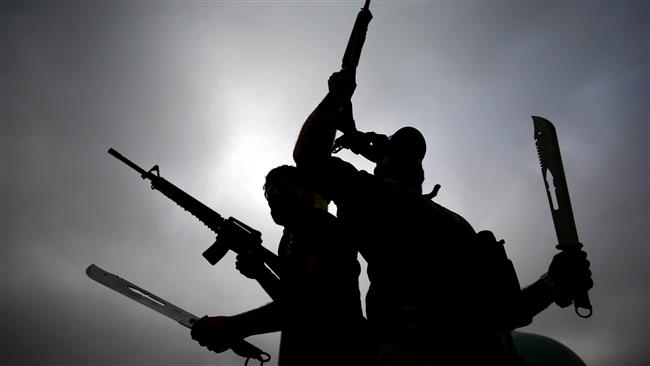

 This makes it easy to access the Press TV website
This makes it easy to access the Press TV website